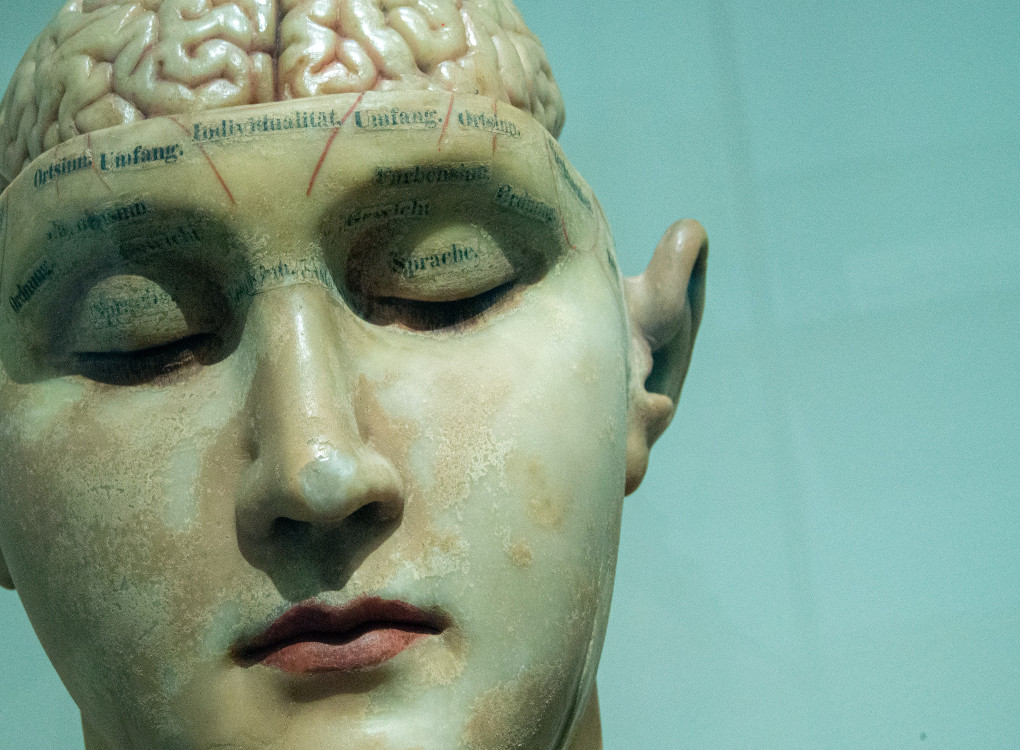Blog
Different Brains Remember Differently – So What?
I read about how we remember traumatic events and how each brain takes a different approach. This has profound implications for how we help folks who have been traumatized.
This includes people who have come to our shores to flee torture and who have witnessed horrors I would find hard to think possible. We have many people living in Canada who have had to deal with being present for the violent death of a loved one. It includes armed forces personnel who have served our country in peacekeeping or combat roles. Let’s not forget First Responders and frontline health staff. Now would be a good time to give a bit of a think to identify people that you know first-hand who should be included in this list.
Often their common collective diagnosis is PTSD – Post Traumatic Stress Disorder.
Let me say, first, that everyone experiences life differently based in part on the complexity of interwoven variables. I do not want to minimize anyone’s experience. It is theirs to carry, but hopefully, others to accept, learn of their unique journey, and support them.
For purposes of this topic, there are two kinds of long-term memory; episodic memories, which include the emotional and first-person point-of-view, and second non-episodic memories, which relate to more factual details such as place, time, sitting or standing, etc. The brain stores these differently.
Take two people who experienced the same traumatic event: Why does one have recurring nightmares for months or even years after, and the other moves on with life appearing to have minimal negative carryover.
Exciting research indicates that both groups remember in rich episodic detail. PTSD has been connected to harbouring vivid memories. But the study found that retaining strong traumatic memories does not mean memories will negatively influence them.
There is an emerging recognized need to differentiate amongst PTSD diagnoses. This blanket identification no longer serves us well.
People’s responses don’t indicate faulty beliefs by the victims, but they point to fundamental differences in their brains, bodies, backgrounds and environments. We need to develop treatment approaches that are informed by such credible research.
There are several approaches, one of them being Eye Movement Desensitization and Reprocessing or EMDR. This has been around for a long time and is still unclear, but it is effective.
Currently, there are stresses all about us and even with individual families. One marriage partner might live in constant fear of contagious covid droplets. Their partner might be far more accepting with a problem-solving approach and a hint of fatalism-it is what it is.
Please give this a bit of a think. How can you be more accepting of another’s point of view in these troubled times? Can you talk with them, not to change their minds but to learn their perspective? The test is to tell them what you understand their point of view accurately is.
Remember, ‘accepting’ is not agreement but understanding and validating another option to think differently.
I’m curious about your thoughts. Please share your bit-of-a-think below.
My thanks to the Wired magazine article that inspired this Blog.
Photo by David Matos on Unsplash
If you enjoyed The Blog, please share it with others. Thanks.
And my thanks to St. Albert Seniors Association: 780-459-0433 for making this Blog possible.

Volunteer Blogger











Trying to understand a person’s point of can be a monumental task. Culture, religion, intelligence, media , socio-economic background and propaganda play into why we think what we think. Sometimes it’s easier just to let it go with “That’s their point of view” especially if it involves politics or religion .
“Freedom Convoy”, “Donald Trump”, are good examples of topics I very reluctantly join a conversation about. Positions are too hardened. Too much deafness. I want to stay friends with many people who I can disagree with. “How about those Oilers” – is a good topic changer!!
Saw this in today’s paper:
Ukraines and Russians got stuck at the same resort before the invasion. Each group was trying to explain their “point of view”. It got so heated that the resort had to convince each group to dine separately. No one could possibly see the other person’s perspective.
Interesting. I hadn’t heard about that.